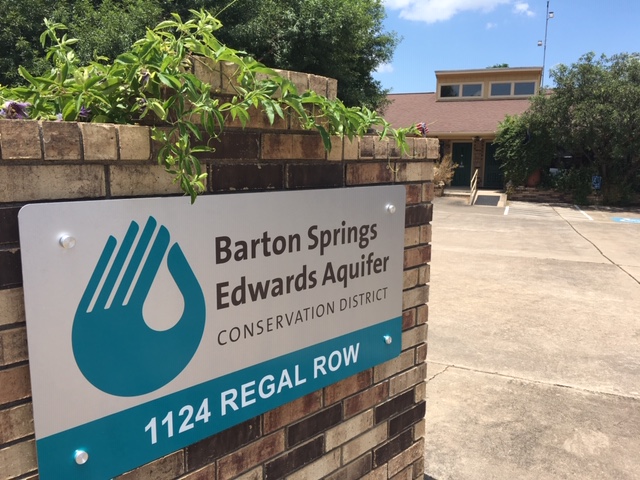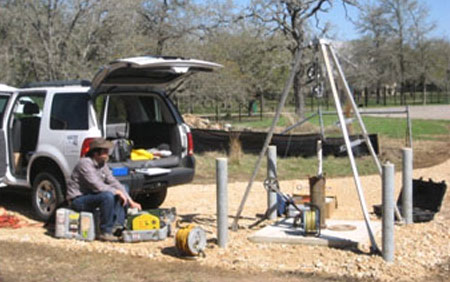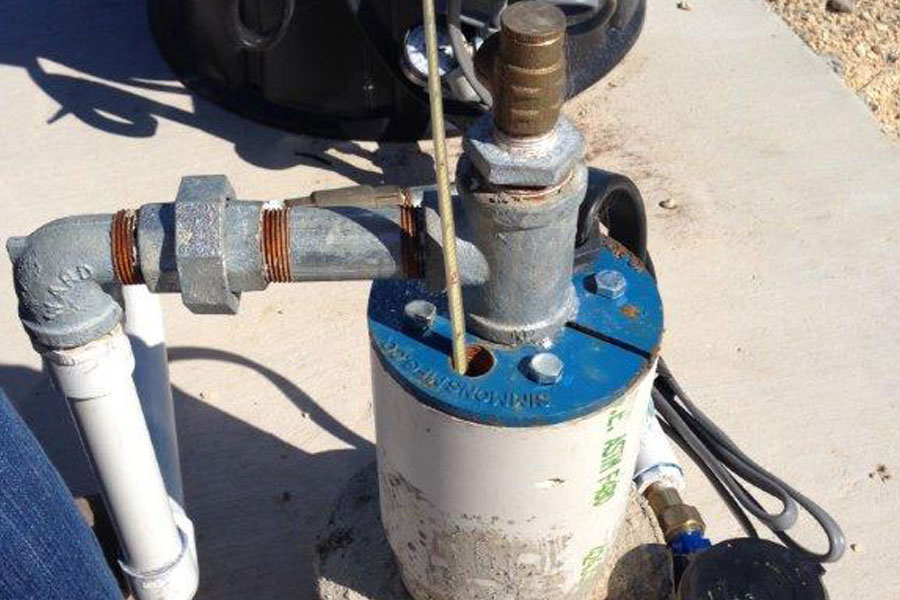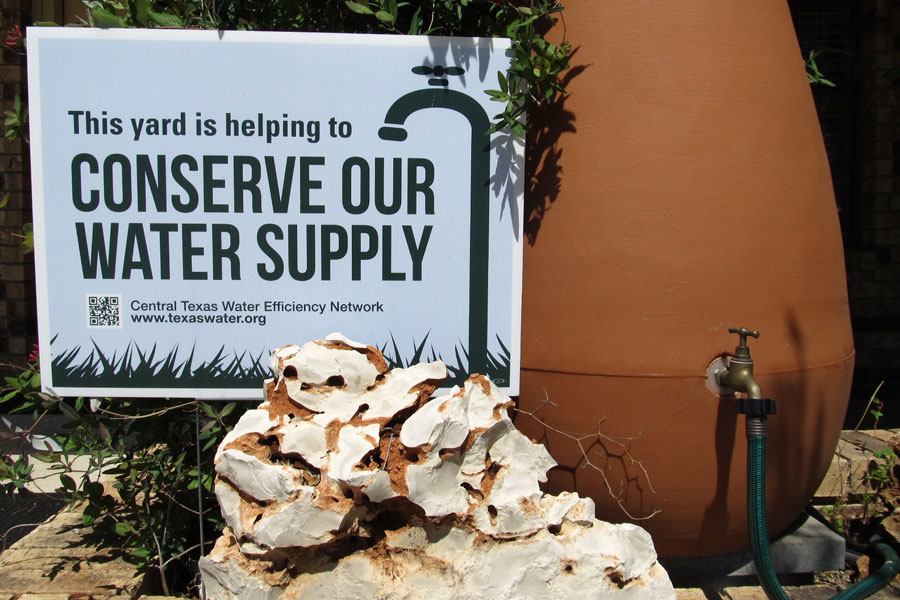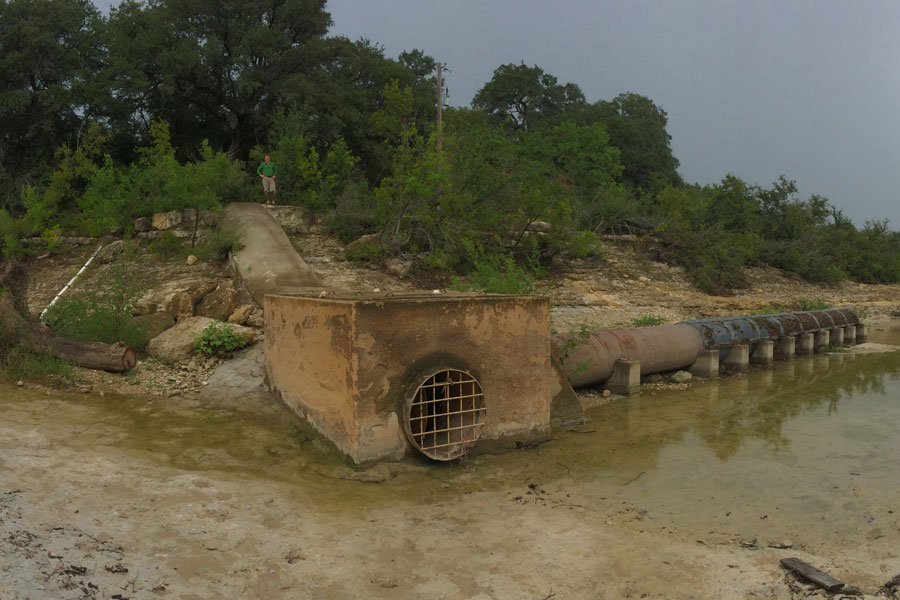Christy Williams
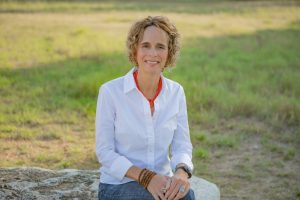
Precinct 4 Director
cwilliams@bseacd.org
Term: 2020-2024
Director Profile:
What brought you into the environmental and groundwater resources management world?
When I was a small child if someone asked me what I wanted to be when I grew up I would say “Truck driver.” My dad was a truck driver, I had been on trips and I thought it would be a very exciting life to lead. It didn’t take many years, however, to realize that my dad’s occupation was not my only choice and my response immediately changed to “Director of the EPA.” Seems like quite an about face now, but then it made perfect sense to me. I grew up in a time and place where packs of children roamed free on farms and mountains and were told to be home by dark. I was often alone however (with the exception of my dog Buddy and my horse Red) and we would leave the house and explore the timbered mountain behind our house for hours. Very early I was disturbed by litter – the only visible sign of pollution in my part of the world – and would pick up cans along the road (and turn them in for money). I drank straight from the creek behind our house, built many forts and would imagine that I was a cowboy on the range. One of my favorite memories is packing my lunch and a book into my saddle bags and making it to the top of the mountain one weekend day. I had a connection with being outside that the rest of my family didn’t share. There were no family camping trips or hikes – but I made the connection the old-fashioned way – by just growing up outside.
My elementary school declaration about becoming the EPA Director eventually culminated in my being a contractor for the EPA for the last 20 years. Along the way I was the president of the Save Our Environment in high school, majored in biology and my first job was as an intern for our department of environmental quality inspecting dairy farms and counting dead fish in streams post-spill. The trajectory was very straight and never wavered. However, while the majority of my life has been spent writing and enforcing environmental regulations, at every opportunity I have also worked to educate and inspire other people to be conscientious advocates of our planet. Being a Board Director will allow me to leverage my experience in the regulatory world but also support an organization that works diligently to generate and disseminate data vital to protecting groundwater in central texas. That can’t always be said of regulatory authorities and I feel lucky to be a part of it.
What would you like to see the District accomplish in the next 5 to 10 years?
I would like to see groundwater valued in Central Texas for all of its benefits and have it’s price reflect that value while still being equitably allocated.
What do you see as the biggest challenge for the District?
Being able to convey to the public, legislators, and local policymakers how important and limited our water resources are and how climate change is and will continue to dramatically impact its availability. This awareness is vital because, with development moving at such a rapid pace in the Hill Country, land use regulations must be implemented that will work hand in hand with groundwater pumpage regulations. Sustainable use and groundwater protection cannot happen without both.
How do you and your family conserve water?
Prior to coming back to Austin, we purchased a small farm in southwest Virginia. Shortly after buying the property, we discovered that the only working well on the property (out of two) pumped less than ½ a gallon a minute. We discovered this after draining our well during normal household use. So, my family and I had a crash course in water conservation that we haven’t forgotten. One load of laundry a day. No more than one shower in the evening. No baths. No washing cars. I had to do farm animal math before I could add to my operation – how much does a horse or donkey or llama drink a day?
In an effort to locate additional water, we dug two more wells. One completely dry and one that acted as an emergency storage of 500 gallons. We were able to limp along like this for a couple years but eventually took a chance and fracked our main well. Thankfully, the fracking was successful and the well produced nearly five gallons a minute but I still had to remain very mindful of our use as we began raising more animals and growing more food. We were surrounded by large farms that ran on well water, and the stress of realizing that we owned a piece of property that could very well run out of water was significant.
So, needless to say, my family and I had a crash course in water conservation that we haven’t forgotten. Here in Austin, we only hand water – no irrigation system to overwater or leak. I only plant native plants. We have low flow toilets and run the washer when full.
What would people be surprised to learn about you?
I’ve ridden horses all my life and hopefully will continue to do so until I can’t get into the saddle.
